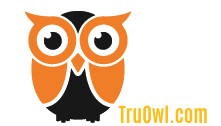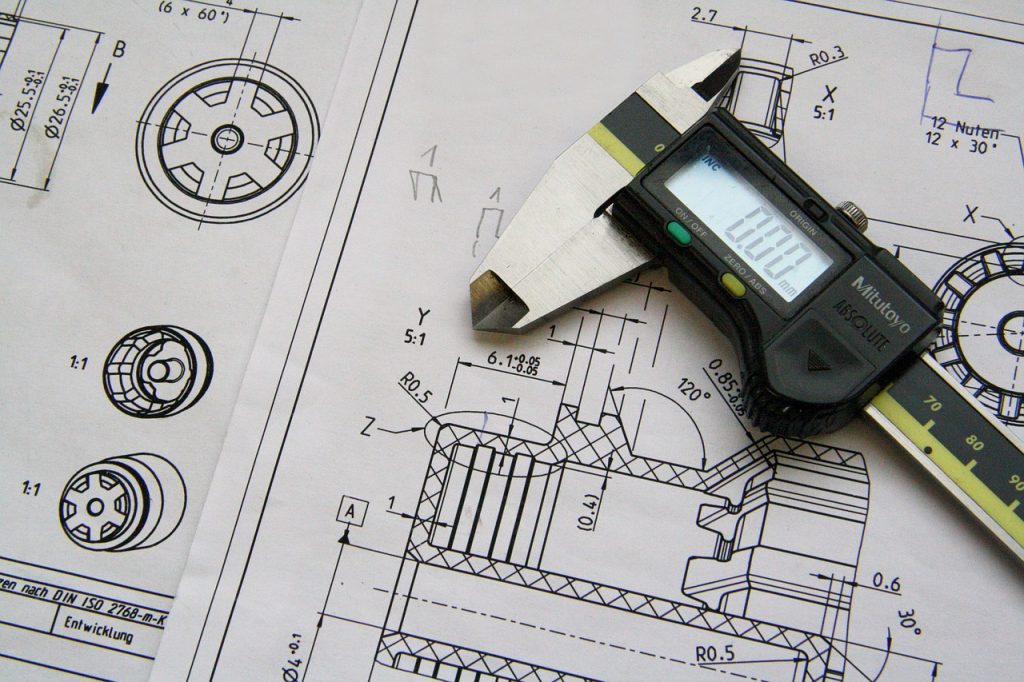In the fast-evolving engineering world, staying updated through reading is not just beneficial ─ it’s crucial. Books offer timeless knowledge and fresh insights for aspiring and seasoned engineers in mechanical, aerospace, electrical, and materials engineering. This guide provides a curated selection of the best engineering books that balance theory with practical application. Whether you’re looking for mechanical engineering books or other essential books for engineers, this foundational library list has something for everyone.
Essential Books for Mechanical Engineers and Beyond
For mechanical engineers, a blend of classic texts and modern resources makes all the difference when tackling complex problems. Here are a few must-haves:
- Machinery’s Handbook.
Known as the “Bible of Mechanical Engineering,” this reference is packed with practical information on everything from material properties to machining techniques. It’s an invaluable resource, especially for those involved in design work. It provides foundational insights into materials, mechanics, and technical details essential for any mechanical engineering book collection.
- Engineering Mechanics Dynamics by J.L. Meriam.
It is one of the best mech engineering books for understanding dynamics, a critical concept for mechanical engineering students and professionals alike. It balances theory with problem-solving strategies to be a guide for practical applications in the field.
- Shigley’s Mechanical Engineering Design by Richard G. Budynas and J. Keith Nisbett.
This book teaches mechanical design principles through detailed examples and clear illustrations, which is ideal for design engineers. Its approach to problem-solving and practical applications makes it a genuine classic.
- Introduction to Robotics: Mechanics and Control by John J. Craig.
Robotics is fast becoming central to mechanical engineering, and this book provides a comprehensive introduction to robotic mechanics and control systems, making it a valuable addition to any list of engineering books.
Each resource offers essential insights for foundational learning and practical problem-solving. Thus, it makes them some of the best engineering books for mechanical engineers.
Specialized Reads for Various Engineering Disciplines
Different fields of engineering require different resources. Here are some standout books for engineers across several specializations:
- Aerospace Engineering:
- Fundamentals of Aerodynamics by John D. Anderson: This book is known for its depth and covers aerodynamic principles from subsonic to hypersonic speeds, making it indispensable for aerospace professionals.
- Electrical Engineering:
- The Art of Electronics by Paul Horowitz and Winfield Hill is known as one of the top books about engineering electronics due to its practical, application-focused approach. It covers circuit design and troubleshooting, which are essential for electrical engineers.
- Materials Engineering:
- The Science and Engineering of Materials by Donald R. Askeland: This text offers an in-depth look at material properties, manufacturing processes, and application strategies. It’s a solid choice for engineers who want to understand how materials behave in various conditions.
These specialised books allow engineers to deepen their knowledge in specific fields, making each a top pick for professionals wanting to explore advanced concepts.
Balancing Theory and Practical Application
The best engineering books are those that balance theory with hands-on, practical insights, providing actionable knowledge:
- Engineering Mechanics by R.C. Hibbeler.
This book is ideal for students and professionals alike. It offers a clear presentation of mechanics principles along with practical applications. Known for its accessibility, it’s a staple in many engineering book collections.
- The Parker O-Ring Handbook.
For those involved in fluid dynamics or seal design, this handbook offers detailed guidelines on O-ring applications, material choices, and troubleshooting.
- Applied Fluid Mechanics by Robert L. Mott.
It is an excellent resource for understanding fluid mechanics. This book includes real-world applications in areas like pipeline design and turbine engineering. Thus, it is quite practical for mechanical and aerospace engineers.
Books that blend theory and practical examples are often the most useful ─ they allow engineers to relate abstract concepts to everyday challenges.
Influential Authors and Titles in Engineering
Some authors have made such impactful contributions that their works are considered foundational across various fields. Here are a few must-know names:
- J.E. Gordon’s Structures: Or Why Things Don’t Fall Down – This narrative gives an engaging look at the science behind structures, from buildings to bones. Gordon’s work has shaped structural engineering and remains a favourite among students and professionals.
- Henry Petroski’s To Engineer is Human – Petroski belongs to famous mechanical engineers and beyond, especially for his book To Engineer is Human, which examines engineering failures and successes to illustrate the importance of learning from mistakes.
- Donald Norman’s The Design of Everyday Things – Norman’s approach to user-centric design makes this a valuable read for product engineers. It encourages engineers to consider user experience at every stage of design.
These authors are trusted voices whose books offer insights that go beyond technical knowledge. They provide a philosophical perspective on the role of engineering in society.
Importance of Programming for Engineers
Programming skills are increasingly relevant as data analysis and automation become more integral to engineering. Here are a few programming books for engineers:
- Python for Engineers – Python is widely used for data analysis, automation, and simulation. This book offers an accessible introduction to Python, focusing on applications relevant to engineering.
- MATLAB for Engineers by Holly Moore – MATLAB is a powerful tool for simulation and data analysis. This book introduces engineers to MATLAB through practical examples. It shows how to perform complex calculations and visualise data effectively.
- Automate the Boring Stuff with Python by Al Sweigart ─ Though not specific to engineering, this book helps engineers streamline repetitive tasks through automation. Indeed, automation is a useful skill that saves time and allows engineers to focus on more complex problems.
Learning programming languages like Python or MATLAB can enhance an engineer’s ability to solve data-driven problems. As a result, it makes them invaluable tools in today’s tech-driven engineering landscape.
Soft Skills, Management, and Design Principles
Engineers with solid and soft skills and management abilities often excel. Here are some recommendations to help develop these crucial skills:
- The Lean Startup by Eric Ries – While business-oriented, this book introduces lean management principles and iterative development, which are increasingly relevant in engineering projects and product design.
- The Art of Product Management by Rich Mironov – Engineers in leadership roles will find this book helpful for understanding project management and team dynamics, especially when transitioning from technical to management roles.
- Design Thinking: A Guide to Creative Problem Solving for Everyone by Andrew Pressman – This book encourages a user-focused approach to problem-solving. It suits engineers in product development who want to enhance their design skills.
In addition to technical expertise, these books help engineers communicate effectively, manage projects, and lead teams successfully.
Relevance of Classic Engineering Resources
Certain engineering resources have stood the test of time and remain essential to practice, even as technology evolves:
- Parker O-Ring Handbook – Often cited as one of the most practical mechanical engineering books, this handbook remains a key reference for O-ring applications in fluid systems.
- Machinery’s Handbook – With over a century in print, this comprehensive resource covers machining, material properties, and more, making it one of the most trusted books about engineering.
These timeless resources offer practical, reliable solutions and are frequently referenced by engineers in the field. Moreover, they underscore their ongoing relevance in modern engineering practices.
Summing Up
Building a personal engineering library is a powerful step in advancing both technical skills and professional growth. The books in this guide provide a blend of foundational theories, practical applications, and essential skills across multiple engineering disciplines. By exploring these resources, readers can deepen their technical knowledge and broaden their expertise while staying curious and adaptable in a constantly evolving field.
Indeed, embracing a mindset of continuous learning will keep engineers at the forefront of innovation and equip them to tackle complex challenges with confidence. Start with one or two of these classics and specialized reads to enrich your skill set and stay ahead in the engineering profession!

